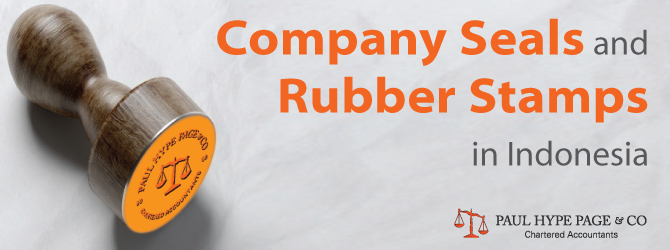After a successful incorporation, the company aims to maximise their profits to ensure that all shareholders receive dividend payments.The proper and timely payment of dividends acts as proof that the firm is being conducted correctly and properly. Dividend payments in Indonesia, and any other countries, are a much-anticipated financial boost received by shareholders from the stocks they own.
A dividend is a monetary payment given by a corporation to its shareholders. It is a method of disseminating a company’s profits. When a firm makes a profit or has a surplus, it will be able to reinvest the profit or excess in other commercial activities.
Retained earnings is the term for this type of reinvestment. The corporation then distributes a portion of the profit to the shareholders as a dividend. The profit share to shareholders can be paid in cash, which is normally put into a bank account, or it can be paid through more shares or share repurchase if the company has a re-investment strategy.
After receiving the dividends, the shareholders typically must pay income taxes. The company normally does not receive any income tax subtraction for the dividend expenses.
Criteria to Receive Dividends in Indonesia
The distribution of dividends in a limited liability corporation is governed by the Limited Liability Company Law No. 40 of 2007. (Company Law). Unless and until the GMS (“General Meeting of Shareholders”) determines differently, all net gains after any subtractions are put to one side, and assets are distributed to the shareholders as dividends.
The reserve is a set amount of money set aside from earnings at the Annual General Meeting of Shareholders. The criteria are set as follows:
How a Person May Increase the Amount of Money Received from Dividend Payments?
By looking for firms that are anticipated to grow their dividend payments each year, the amount of money earned from dividend payments can be increased. Shareholders in such companies will benefit as a result, allowing them to receive ever-increasing quantities of money. In most cases, when sales and earnings increase, the number of dividends to be paid increases as well.
If a dividend payment is received outside of a retirement bank account, the dividends can be reinvested. The amount of money gained from dividend payments is determined by the number of shares of high-quality dividend equities held.
The higher the number of shares owned; the more money can be made via dividends. Those who invest in profitable stocks for years, if not decades, may be able to make a significant amount of money each year only from dividend payments.
Companies in Indonesia that Have to Pay Dividends
Not all Indonesian corporations are required to pay dividends on a regular basis. In Indonesia, corporations are only required to pay dividends when they reach a certain stage or meet a set of conditions. From a legal standpoint, action should be taken solely against companies that do not pay dividends despite the fact that they should be able to, based on their stage or qualities.
Dividends can only be paid if the corporation has a positive bank balance of earnings, as previously stated. A corporation with a positive balance of earnings is one whose current fiscal year’s net profits have overcome its cumulative losses from previous fiscal years.
A firm based in Indonesia must additionally set aside a portion of each fiscal year’s net profit as a reserve until the reserve reaches at least 20% of the total subscribed and paid-up investment.
Ready to incorporate a company in Indonesia or require a work visa? Reach out to us for a free consultation and see how we can be part of your business journey.
FAQs
Dividends received from an Indonesian limited liability company are subject to final income tax at a rate of 10%. However, it becomes non-taxable if the recipient is a domestic individual taxpayer whose dividends are reinvested in Indonesia within a certain period.
To summarize: A company’s board declares a dividend, to be paid on a certain date to shareholders of record as of a prior date. In order to be one of those shareholders of record, you need to buy or already own shares before the ex-div date, which is the business day before the record date.
Dividends are usually paid in the form of a dividend check
WP DN entities with ownership of less than 25% (<25%) are subject to normal income tax, unless they invest back in Indonesia within a certain time.




